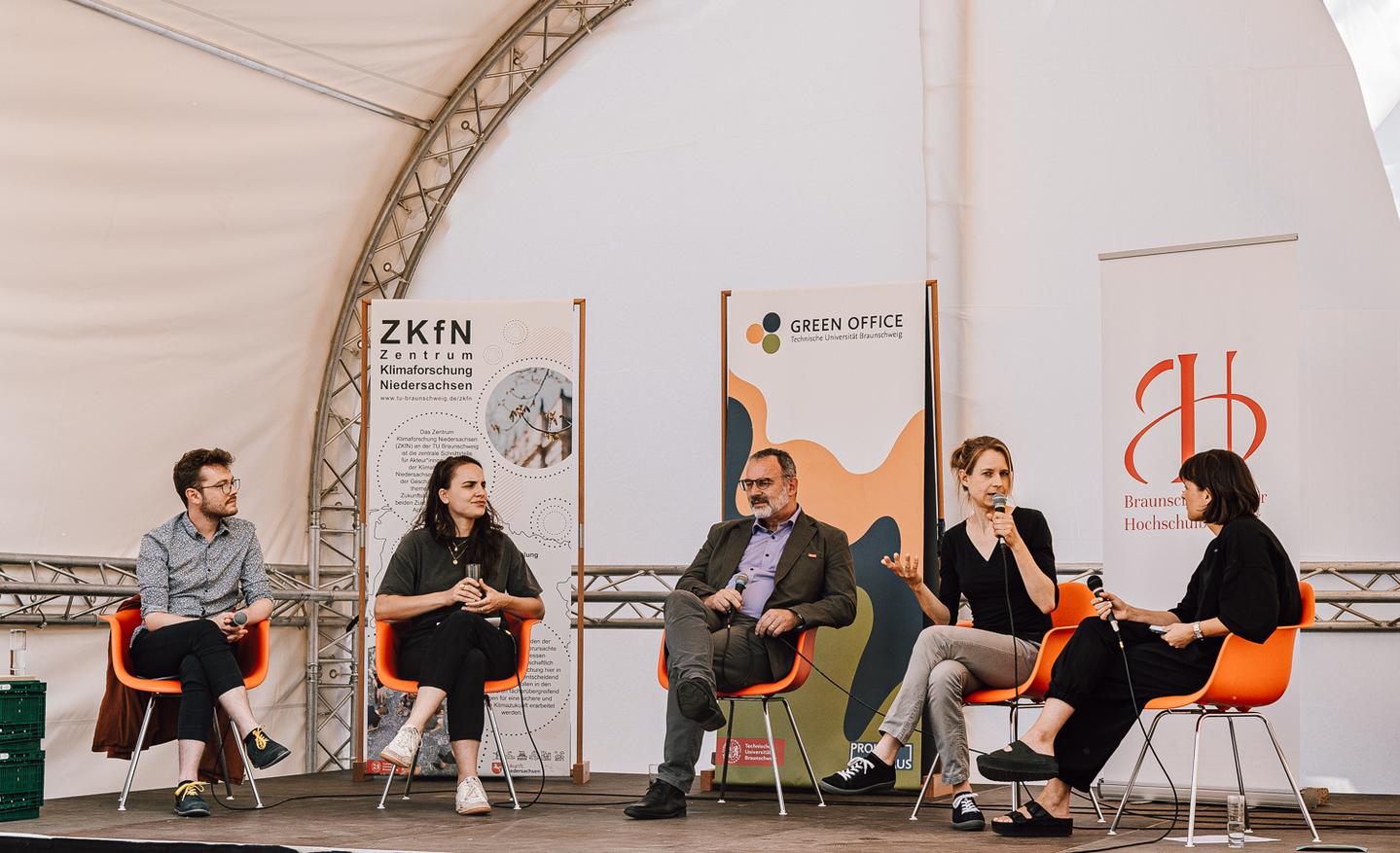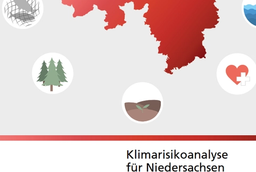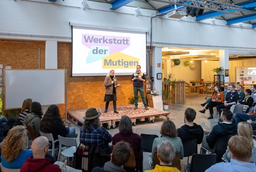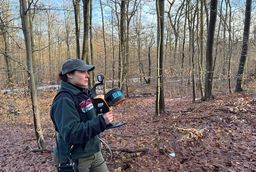Climate Future Labs
- August 11, 2023
- 3 min. Reading time

Providing support to forests in adapting to climate change is one of the most important tasks for the future in one of the most densely wooded countries in Europe. Likewise, strategies must be developed for the sustainable development of cities that go beyond a reduction of energy consumption or an energetic refurbishment of the old stock. Science has a very special role to play in analysing and forecasting and developing methods to reduce the impacts of and to adapt to climate change: human-induced climate change and its impacts have been studied scientifically for decades.
To advance research in these areas, the Lower Saxony Ministry of Science and Culture (MWK) is funding up to four Future Labs. The Lower Saxony Centre for Climate Research—based at Technische Universität (TU) Braunschweig—is responsible for coordination and support.
“The forest is not only a popular place for leisure and recreation; Lower Saxony’s forests also have a high ecological value and need special protection. It is a key challenge to develop solutions to also transform metropolises into liveable, climate-adapted ‘future cities’,” says Lower Saxony’s Science Minister Falko Mohrs. “Science has played an important role in dealing with the effects of climate change for decades. In order to strengthen research in this task for the future, which is important for society as a whole, we as a state are supporting the Lower Saxony Centre for Climate Research in setting up the Future Labs for the forest ecosystem and climate-adapted urban development.”
On the initiative of the state government, the business and coordination office of the Lower Saxony Centre for Climate Research (ZKfN) was established this year at Technische Universität Braunschweig. The centre will bundle the activities of Lower Saxony institutions and their researchers. Through trans- and interdisciplinary research, urgently needed approaches for changing the way we live and the way we run our economies are to be developed in order to make them ecologically, socially and economically viable in the long term.
In the Future Labs, scientists from Lower Saxony’s research institutions and universities are to network with industry partners, exchange ideas on current research questions, generate ideas for research projects and develop solutions for a safe and just climate future. The topics for the first Future Labs have already been determined: “Climate-Adapted Urban Development and Spatial Planning” and “Impacts of Climate Change on Forest Ecosystems”. More labs will be added in the coming years.
“The Future Labs announced here offer an excellent opportunity to significantly intensify climate and climate impact research in Lower Saxony and to leverage synergy effects by bringing together the strongest research players in the state in complementary consortia,” explains Prof. Manfred Krafczyk, full-time Vice President for Digitalisation and Sustainability at TU Braunschweig. “It is also expected that by integrating existing and new climate research projects and activities into the Future Labs, their impact will be expanded even further and will become well established in the long term.”
The members of the Future Labs are encouraged to acquire further cooperative, funded or commissioned research projects and third-party funding in order to strengthen thematic networking in the field of climate change research in the state of Lower Saxony. Each Future Lab should consist of at least six established scientist applicants from at least three different research institutions in Lower Saxony. Universities, universities of applied sciences and non-university research institutes can participate in a network. External partners and international universities are also welcome.
The Future Labs can be funded with up to €5 million each for six years.
Funding will initially be limited to three years and can be extended by up to three years subject to a positive interim evaluation. Funding is provided by the zukunft.niedersachsen programme. The application deadline is 30 November 2023. The first Future Labs are scheduled to start on 1 April 2024.
More Posts
All
Climate risk analysis for Lower Saxony 2025
NIKO has published its climate risk analysis for Lower Saxony in 2025 – 42 assessed risks as a basis for climate adaptation.
2 min. Reading time
Invitation to the Werkstatt der Mutigen
Kick-off for the Ecosystem Social Sustainability (ESS)
2 min. Reading time
Laser scans in the forest: measuring CO₂ between red beeches and deadwood
What a windless morning, 1,000 square meters of forest, and a laser scanner reveal about carbon storage.
4 min. Reading time